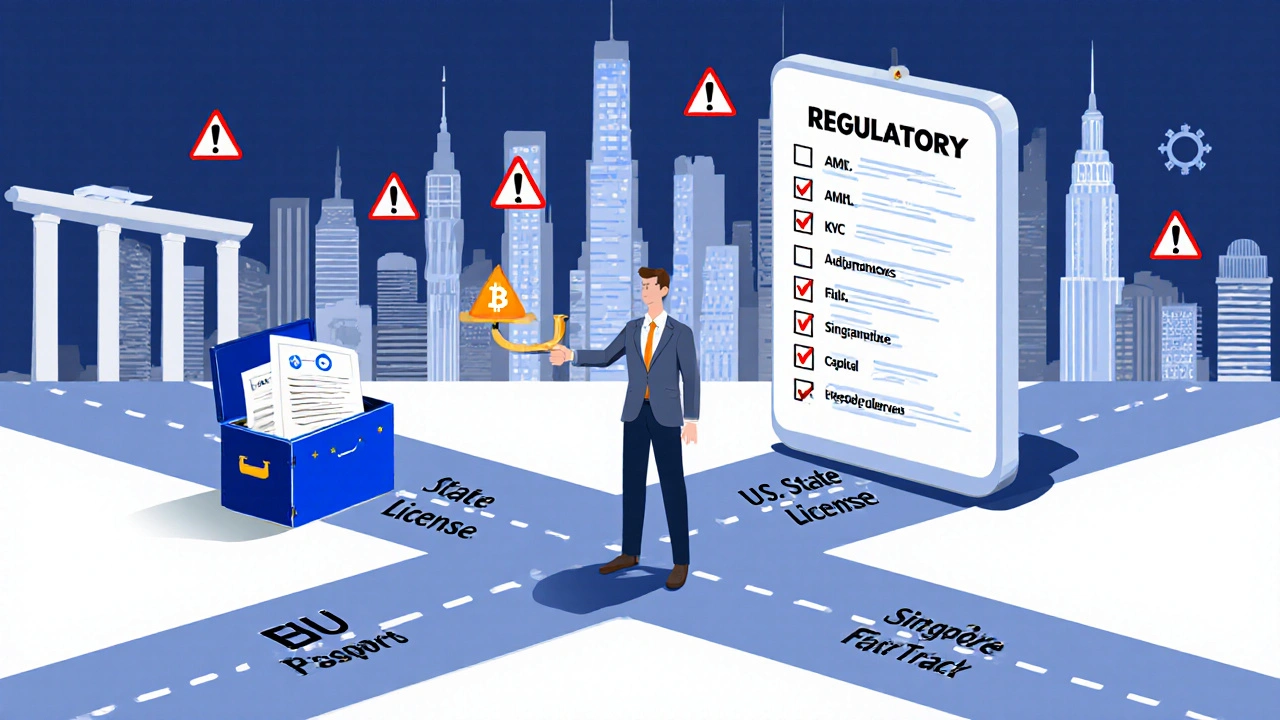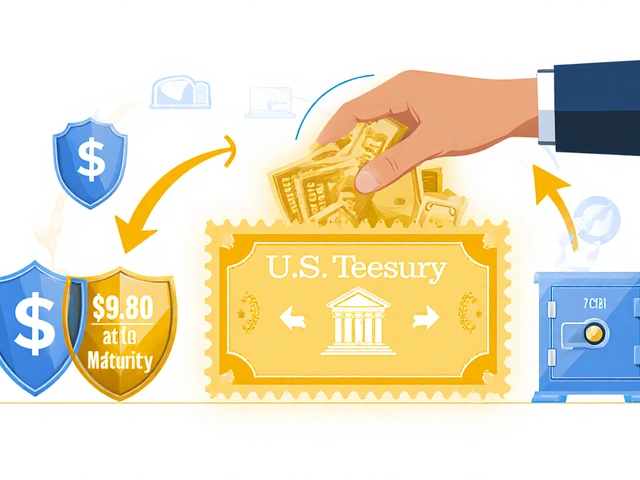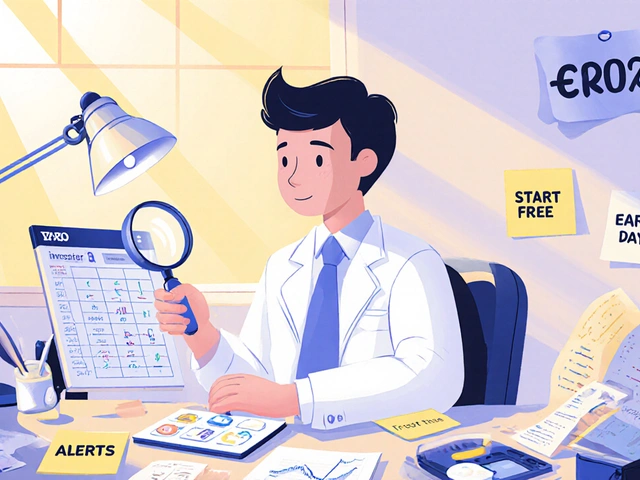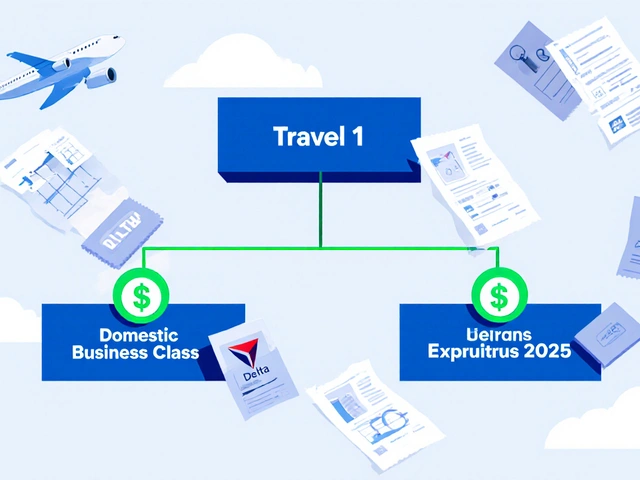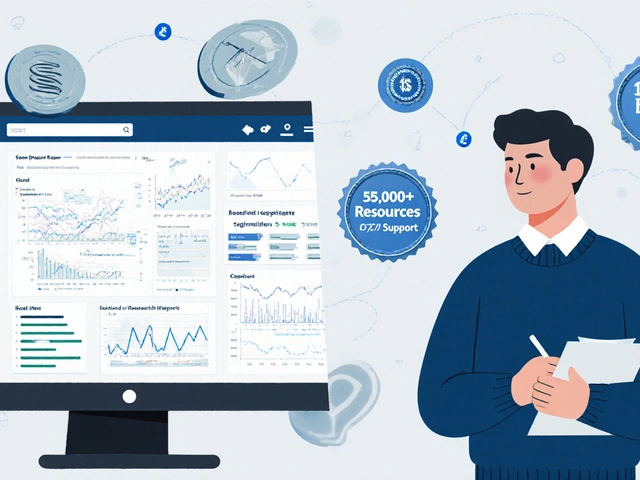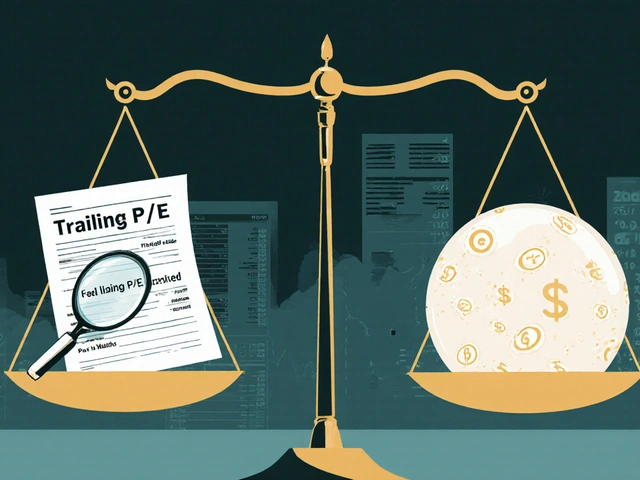Fintech Licensing: What It Takes to Legally Operate in Digital Finance
When you use a mobile app to send money, get a loan, or invest spare change, you’re interacting with a fintech licensing, the legal framework that allows companies to offer financial services without being traditional banks. Also known as financial technology regulation, it’s the invisible set of rules that decides who can play in digital finance—and who gets shut down. This isn’t just paperwork. It’s what keeps your money safe, ensures companies aren’t running scams, and lets you trust apps that feel like they’re built by a startup but operate like a bank.
Fintech licensing isn’t one-size-fits-all. In the U.S., you might need a state money transmitter license, a federal charter, or both. In Europe, PSD2 regulation, a law that forces banks to open their data to third-party apps changed everything by making it easier for fintechs to build on top of existing systems—but only if they’re properly licensed. Meanwhile, loan underwriting automation, the AI-driven process that approves loans in minutes can only legally operate if the company holds the right licenses to lend money and handle personal financial data. These aren’t separate topics—they’re all connected. Without the right licensing, even the smartest algorithm is illegal.
Why does this matter to you? Because every app you use—whether it’s for earned wage access, robo-advising, or peer-to-peer lending—is built on a foundation of compliance. If a company skips licensing, your funds could vanish overnight. If they do it right, you get faster service, lower fees, and real protection. The posts below show how licensing shapes everything: from how banks share data under PSD2, to why automated loan systems need specific permits, to how financial inclusion tools like agent banking rely on local regulatory approvals. You’ll see how the same rules that keep big players in line also open doors for smaller innovators. This isn’t about legal jargon—it’s about who gets to serve you, and under what terms.
